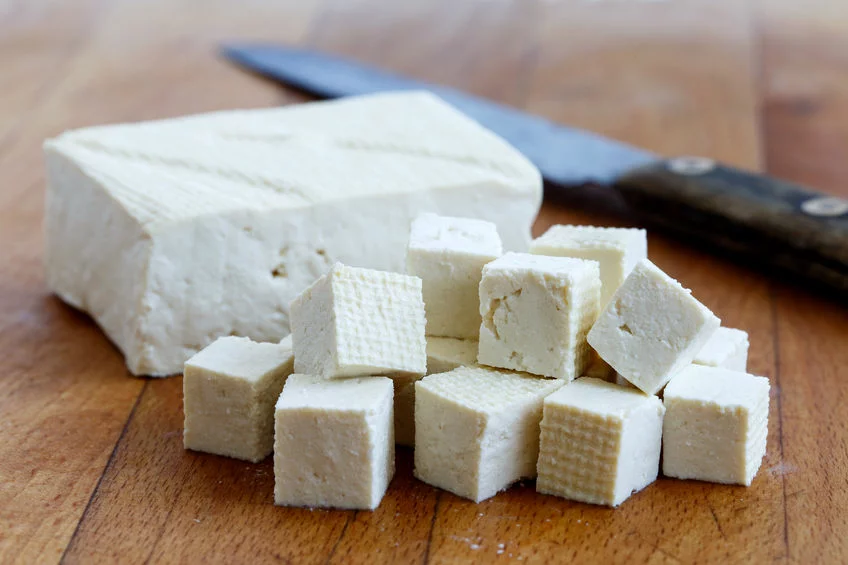Did you know that the original ketogenic diet was introduced to help treat patients with uncontrolled epileptic seizures? That was almost 100 years ago, when doctors first noticed the benefits of fasting for patients with epilepsy. But because continual fasting is impossible, doctors at the John Hopkins Medical center developed the close approximation they could find – a diet which is extremely low in carbs, and correspondingly high in fats.
Today, research is increasingly producing evidence that fasting – or intermittent fasting – may be good for you.
So, if fasting is good for you – and the ketogenic diet is as close to a fasting diet as one can get – does this mean that the ketogenic diet is good, not only for losing weight but for one’s overall health?
Let’s Take A Step Back
The ketogenic diet works by fooling your body into believing that it is fasting, and thus forces it to start burning your fat stores. When this happens, you enter a state of ketosis.
Generally, this is not recommended for children, apart from those suffering from uncontrolled epilepsy and then only under the supervision of a doctor.
But there is strong evidence that suggests that the ketogenic diet can have benefits for adults that suffer from various other medical conditions including high cholesterol and diabetes. These are both conditions that have long been recognized to have a diet component. What is more surprising is that the ketogenic diet may also be beneficial for people suffering from bipolar disorder.
That’s The Good News. Now For The Downside
For the diet to work, you have to remain in a state of ketosis. For that to happen you have to cut out nearly all carbohydrates from your diet and replace them with healthy fats – not the fats that you get from a juicy cheeseburger. That means cutting out bread – and in fact, all grains and cereals; saying goodbye to fruit, starchy vegetables like pumpkin and sweet potatoes, as well as potatoes themselves. There is also no place in the diet for sugar or even honey. If you slip, or cheat – and eat that cheeseburger with the bun, or slice of birthday cake – your body will no longer be in ketosis, you will stop burning fat, and you will have to start the process of achieving ketosis all over again. And if you think just eating the burger and the cheese will do the trick, think again.
What are the healthy fats that will keep you on the ketogenic diet straight-and-narrow and ensure its weight-loss success? Monounsaturated fats and some polyunsaturated fats and omega 3 fatty acids, and oils such as olive oil, palm oil, coconut oil. Add to that grass-fed butter and raw, whole-cream dairy products, ghee, lard, avocado, and some nuts and seeds.
Not many people are able to sustain this level of deprivation for six months or a year, let alone the rest of their lives.
But Is It Dangerous?
There is no real evidence that it is actually bad for your health, provided you don’t replace the carbs with red meat and other fatty, processed and salty foods that are notoriously unhealthy.
Do you want to find an effective Keto treatment? Check out our top rated Keto products












